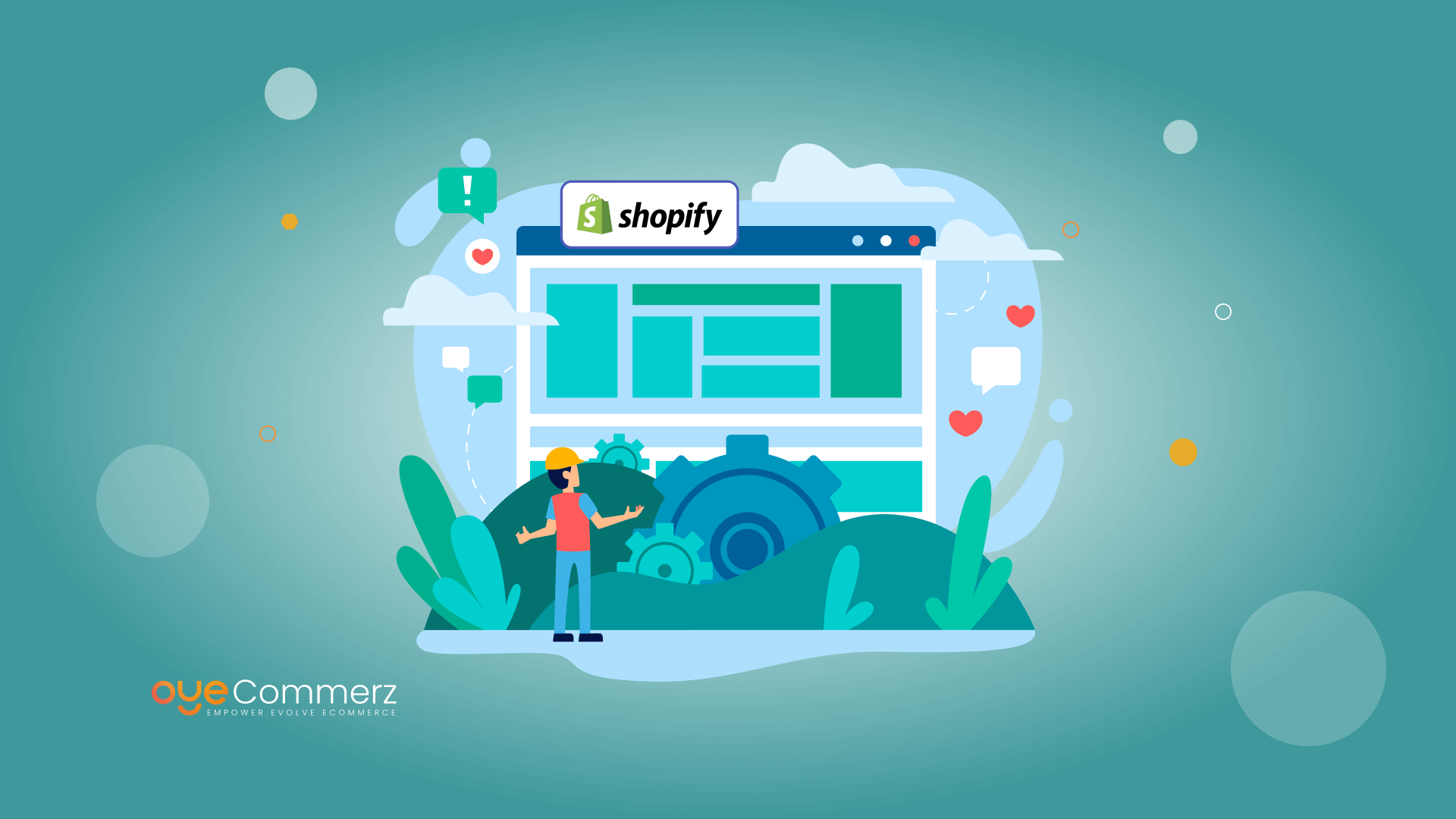Overview
In the current competitive e-commerce environment, standing out is essential, and one of the best ways to set apart a Shopify store is through custom app creation. A well-built Shopify app can boost store functionality, simplify processes, and elevate customer interaction. This article explores essential elements of Shopify app development, from API integration to scaling strategies and promotion methods, offering a roadmap for companies looking for unmatched store performance.
Why Shopify API Integration Matters
Shopify’s API provides powerful tools to personalize and extend store capabilities. With GraphQL and REST APIs, developers can retrieve information to create apps that handle inventory control, order processing, and customer information management seamlessly. Integrating Shopify’s API can enable improved workflow automation and allows stores to assist shoppers more effectively.
Utilizing the Polaris Design System
Shopify’s Polaris is Shopify's design system for creating intuitive and accessible Shopify apps. By adhering to Polaris principles, developers ensure that apps integrate smoothly within the Shopify Admin interface. This provides a cohesive look and feel that appeals to Shopify merchants, promoting ease of use and familiarity for merchants using your custom app.
Understanding the Shopify App Ecosystem
The Shopify app ecosystem provides numerous opportunities for enhancing online stores. From handling order fulfillment to increasing customer engagement, apps in this environment are designed to meet various business needs. Familiarizing with this system assists developers in identifying unique app opportunities and allows for smooth connections of external tools that add value to the store.
Building Embedded Shopify Apps
Embedded apps work seamlessly within the Shopify Admin, providing a smooth interface for merchants. They allow merchants do not need to navigate away from their Shopify dashboard, simplifying their process. Employing Shopify App Bridge and embedded app features is a best practice for providing a cohesive, well-integrated user environment.
Leveraging Node.js and React for Shopify Development
Node.js and React have emerged as ideal tools for Shopify app development. Node.js enables efficient back-end services, while React enables interactive and Shopify app adoption strategies adaptive front-end user interfaces. Together, they offer an excellent framework for building fast, scalable Shopify apps that enhance store performance and customer interaction.
Utilizing Webhooks in Shopify Development
Webhooks enable instant data updates between Shopify and an outside application. They initiate events such as new orders or stock changes and provide immediate notifications to your app. By utilizing webhooks, apps can deliver real-time information to store owners, streamlining workflows and boosting productivity.
Customer Engagement and Digital Marketing for Shopify Apps
To make a Shopify app successful, engaging customers is key. Utilizing digital marketing strategies like SEO, email marketing, and social media campaigns can drive app adoption. Additionally, designing apps with customer engagement in mind (e.g., loyalty programs or personalized recommendations) boosts user loyalty and satisfaction.
Making Your Shopify App Scalable
As e-commerce stores expand, so do their technology requirements. Making sure that your app can scale to handle increased traffic, larger databases, and more complex functionalities is essential. By improving server capacity and implementing scalable technologies, you can develop apps that grow in tandem with a store’s growth.
Essential Features and Maintenance for Shopify Apps
For an app to be useful, it should offer key capabilities like user authentication, dashboard analytics, and support channels. Regular app upkeep, with updates to fix bugs Shopify app ecosystem by Oyecommerz and compatibility checks with new Shopify features, is vital to maintain uninterrupted performance and prevent disruptions to merchant workflows.
Conclusion
Custom Shopify app development holds vast potential for e-commerce businesses, providing the ability to enhance store functionality, simplify operations, and foster customer loyalty. From integrating APIs to focusing on scalability and customer interaction, creating a Shopify app involves thoughtful preparation and well-planned actions. If you’re ready to unlock your store’s full potential, a tailored Shopify application could be the perfect choice. What capabilities do you envision for your dream application? Share your ideas and begin the journey to an optimized e-commerce experience!
